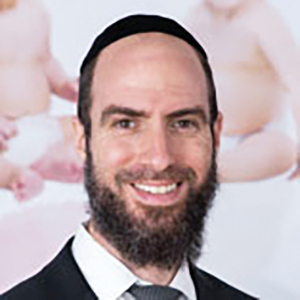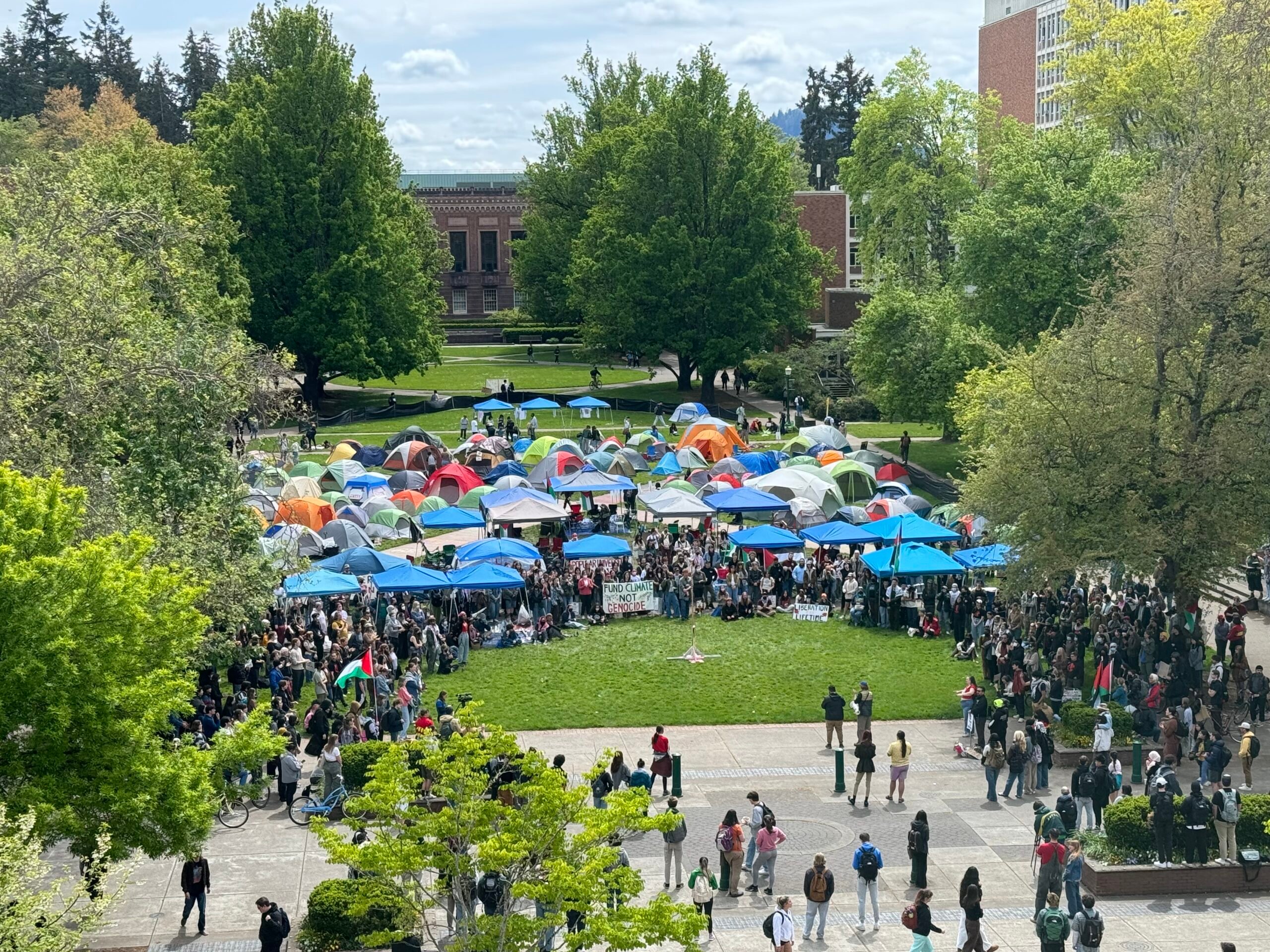Rabbi Eliezer Krohn shares his unique perspective seeing the fertility journey from both ends.

As son of the renowned mohel Rabbi Paysach Krohn, it is not surprising that Rabbi Eliezer Krohn should have chosen to go into the same avodat hakodesh. But the jump from performing brisses to counseling couples struggling with infertility as a rabbinic adviser for PUAH was far from an expected life path.
In this eye-opening interview, Rabbi Krohn describes the life of a rabbinic fertility counselor and how it has enriched his work as a mohel.
How did you get involved in fertility counseling?
Around five years ago, I performed a Shabbos bris at a shul in Kew Gardens Hills, and during the Shalom Zachor, I got into a conversation with the rav, Rabbi Elan Segelman. I really enjoyed speaking with him in learning; he was so easy to relate to. I remember that he even quoted me in his drasha the next day.
A short while later, my father did a bris in Rabbi Segelman’s shul and Rabbi Segelman mentioned to him that he works as a rabbinic adviser for PUAH, counseling couples as they navigate the halachic and medical aspects of their fertility journey. He added that he was looking for a partner, as he was overwhelmed by the sheer volume of phone calls he received each day. My father suggested me as a candidate, and when I heard about it, I was intrigued. After spending time by the PUAH center in Yerushalayim and speaking to my own rebbeim, I joined the PUAH team.
It must have been a big learning curve for you at first. How did you train yourself in both the halachic and medical aspects of fertility?
Lots and lots of research! I spoke to the PUAH rabbanim in Eretz Yisrael and to Rabbi Segelman (who has since moved to L.A.) and I did a lot of my own research both online and from books. I consult with doctors all the time. I’m always learning more information, including from the couples that I counsel, who may tell me something that they heard from their doctor which I hadn’t known, and I’ll subsequently look into.
I remember how eye-opening my first visit to the PUAH office in Eretz Yisrael was. I saw the types of questions that they were fielding and realized the extent to which a rabbinic adviser needs a deep expertise in both the halachic and medical aspects of fertility. But I was also struck by something else. These PUAH rabbanim are literally the world experts in fertility halacha, and yet they were constantly discussing shailos with each other. They weren’t embarrassed to tell a caller that they would call them back with a response and then go consult with another rav. This was a hugely encouraging lesson to me, that it is impossible for any one person to know everything, and that there is nothing embarrassing about reaching out to others for assistance.
Describe your job as a rabbinic adviser.
I counsel couples and individuals through their fertility journey. Since our work is highly individualized, this means something different for each person—from answering specific halachic shailos to advising them on a course of treatment and referring them to specific doctors to simply being a listening ear to support them through the difficult journey.
What this means practically is that a large portion of my day is spent answering the phone for PUAH-related inquiries, and returning emails, texts and WhatsApp messages. I’m fielding calls all the way up until candle lighting, and at times even before I get a chance to make Havdalah after Shabbos. Sundays, vacation days or the middle of the night, urgent questions come up that need to be addressed without delay.
Wow! How do you balance being constantly on call with the needs of your family?
This is probably my biggest challenge. Some of the shailos that people call about truly can’t wait, as many fertility treatments are highly time-sensitive.
I learned from my parents’ home the importance of giving to the klal. My father would always quote to us the hakdama of Nefesh HaChaim, in which Rav Chaim Volozhin’s son writes that his father always said, a person is not created for themselves, they’re created to help other people. But at the same time, I have a responsibility to my family, and my wife and children also deserve my help. So, yes, it’s a challenge.
Can you give some examples of interesting shailos that you’ve been asked, and interesting cases you’ve dealt with?
I never cease to be amazed by all of the different scenarios that can come up when dealing with fertility. Of course, we get the standard taharas hamishpacha and hilchos Shabbos questions—for example, can you get in an Uber and go to a clinic for a procedure on Shabbos? (Since fertility procedures are highly time-sensitive, sometimes that timing falls out on Shabbos.) Are you allowed to administer an injection on Shabbos?
Then there are questions related to geirus. For example, if a woman who is in the process of conversion wishes to do a fertility preservation procedure (freezing her eggs for future use), is it better for her to do this before she converts or afterwards?
Abortion shailos also come up, often related to a multiple pregnancy. If a woman is pregnant with twins or triplets and one fetus is endangering the life or health of another, are you allowed to reduce one fetus to save the other?
Clearly, these are complex questions, and we consult with top gedolim for guidance.
You came into the field of fertility through the “back end,” as a mohel. How has your PUAH work influenced your work as a mohel?
When you’re, baruch Hashem, a busy mohel and, day after day, you see families celebrating new babies, you can become desensitized to the fact that every birth is truly a miracle. Now that I’m involved with PUAH, I understand how exciting and special it is to be blessed with a child. I now appreciate each bris on a deeper level, and understand what a bracha it is that this couple didn’t have to go through a journey in order to celebrate their simcha.
Of course, sometimes the couple did go through a journey to get to this point. Baruch Hashem, I’ve had the tremendous zechus to perform brisses for babies whose parents I guided from the beginning of their fertility journey. There is nothing in the world like hearing a couple call you up to share the good news that they’re expecting—and to be able to perform a bris on a baby when I know just how many tefilos and tears went into his birth is truly awe-inspiring!
I know that I’m just the shaliach of Hashem, and if it wouldn’t have been me, Hashem would have found someone else to help them. I’m very humbled and grateful to have the zechus to be that shaliach.









